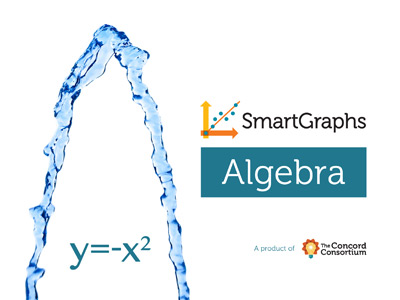Illuminating Coordinate Geometry with Algebraic Symmetry
A symmetric polynomial is a polynomial in one or more variables in which swapping any pair of variables leaves the polynomial unchanged. For example, f(x, y, z) = xy +xz + yz is a symmetric polynomial.
A symmetric polynomial is a polynomial in one or more variables in which swapping any pair of variables leaves the polynomial unchanged. For example, f(x, y, z) = xy +xz + yz is a symmetric polynomial. If we interchange the variables x and y, we obtain yx + yz + xz, which is the same as f(x, y, z); likewise, swapping x and z (or y and z) returns the original polynomial. These polynomials arise in many areas of mathematics, including Galois theory and combinatorics, but they are rarely taught in a high school curriculum. In this article, we describe an application of symmetric polynomials to a familiar problem in coordinate geometry, thus introducing this powerful tool in a context that is accessible to high school students.
 activities for teaching and learning algebra that are available online or as an app for iPad or Android tablet computers. These activities—which cover a variety of algebra topics, from linear equations to transformations of functions—help students develop skills creating and using algebraic functions and graphs to solve problems.
activities for teaching and learning algebra that are available online or as an app for iPad or Android tablet computers. These activities—which cover a variety of algebra topics, from linear equations to transformations of functions—help students develop skills creating and using algebraic functions and graphs to solve problems.